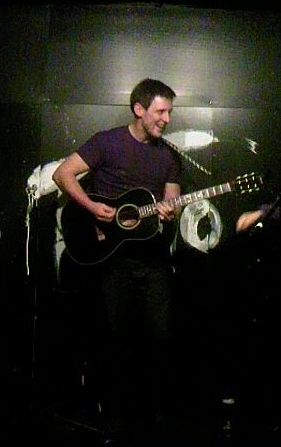A short while ago I did a 5 part blog series on the theory of chords, which you can check out here.
Part 2 – Add chords, slash chords, diminished and augmented
So to follow that up now I’m going to look very practically at the process of physically learning chords on the guitar. How we should approach that and what are the appropriate steps.
In this I’ll break it down into 4 levels – beginner, moderate, intermediate and advanced. However, this doesn’t necessarily mean you have to be an “advanced” player to learn these chords, it’s more just a logical succession of what to learn.
This blog is targeted at anyone who is keen on learning chords but needs guidance to what the next step is in conquering the chord world.
Beginner:
Basic Open chords – these are foundational and will come up for the rest of your playing life. They are also the easiest to learn (for the most part), partly due to their large applicability.
If you’re a teacher and have a student no older than 7 (I would say), it’s also good to learn some very simple 1 finger chords, just to get the skills going. This is what I use in that context. MY FIRST CHORDS.
Moderate:
Bar chords – These are probably the hardest chords in the “moderate” section, but on par with basic open chords in how fundamental they are. In order to use these, it’s important to have a solid grasp of the notes on the 5th and 6th strings.
Open suspended chords – A lot easier to play than bar chords but not quite as commonly occurring. That said, however, they are still very frequently used and are a great glimpse into the movement of certain notes in a chord to create new chords (if you pay attention to what you’re doing).
Open 7th chords – Once you get into 7th chords, you’ll probably find yourself using the bar chord styles more, however these still come up a LOT and are a nice addition to the chord family.
“Add” Chords – These chords we talked about in Part 2 of the chord theory series. However I believe that these are not best learnt systematically but more one by one as they come up. So if you’re checking this post to work out if a song with these chords is at your level, then yes.
Slash Chords – Similarly to the Add Chords, these are talked about in Part 2 and also learnt best one by one as they come up rather than in a systematic process
Intermediate
7th chords – This is when you’re starting to get into more advanced playing. Like in standard bar chords, it’s very important here to have a solid grasp of the notes on the 5th and 6th strings.
Triad inversions – major, minor, diminished
These are a fundamental part of any advanced player’s skill set. This is when you’re really starting to conquer the fretboard and can apply different voicings.
These are extremely applicable in just about any style of music. It’s important to learn which note in the chord is the root, third or
fifth, so be sure to memorise that when you are learning it.
Advanced
Inversions – Major 7, Dominant 7, Minor 7, half diminished 7
Knowing these are quite advanced and especially useful for jazz players, because nobody wants a jazz player to player a dominant 7 bar chord. EW!! Useful for other styles too though, especially if you’re trying to compose or arrange in more interesting ways.
9th chords, 13th chords – Great for funk and jazz. The PDF resource here should more be viewed as a guide. While learning the whole chord is the way to go, also be mindful of how you could break it up, as the whole chord can sound a bit clunky in some contexts.
Any other complex chord – 11th, Maj 7#11 etc.
This is by no means a complete list of every chord but by this stage you should really have a good bank of chords as well as a solid foundation of theory to be able to play any chord that you may find the name of, without needing to look up a “shape”.
Also, experiment with the triad and 7th inversions. Try making them into a sus chord, or some other variation. Look for the relationships between the triad inversions and the 7th chord inversions.
Learning the shapes is one thing, the next is always KNOWING the shapes. Inside out.
Be sure to check out the chord theory series if you haven’t already, it will help greatly coinciding with this to truly conquer the world of chords.
Thanks again for reading and I trust that this is helpful for you. Don’t forget to comment as I would love to hear your thoughts and get some discussion going. Also be sure to subscribe in the right hand panel and also contact me for any lessons or any other reason.
